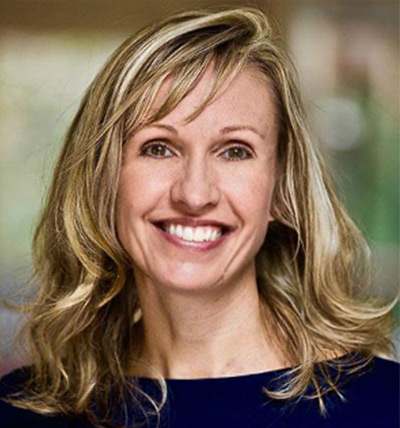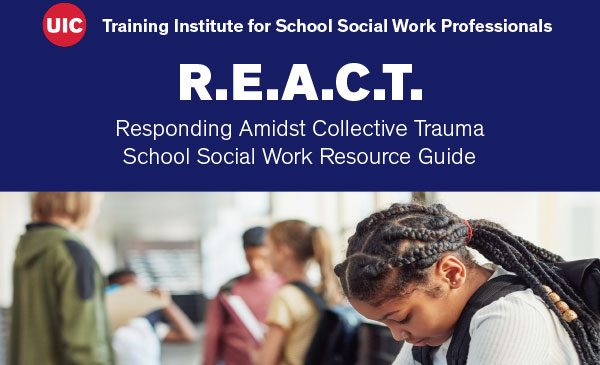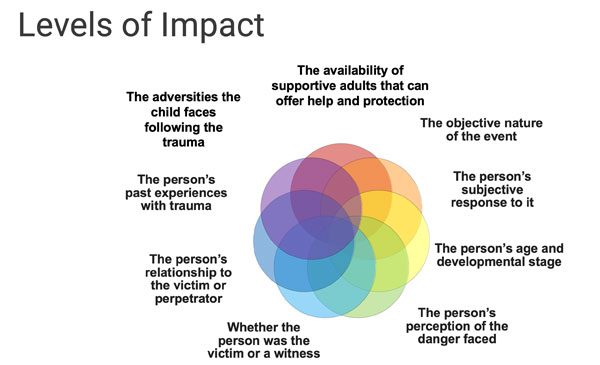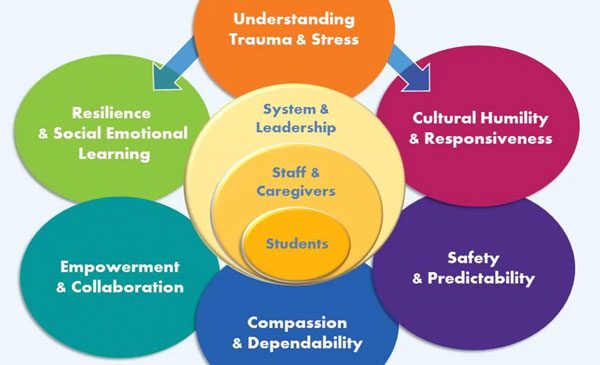2020 Training Institute for School Social Work Professionals
Mental Health Strategies for School Re-entry for Students & Staff Amidst Societal Uncertainty! Heading link
The Purpose of the 2020 Training Institute
Training Institute
In Fall 2020, schools will open following significant societal changes that will have a long-term emotional impact on every person who enters the building. Whether learning occurs face to face, virtually or a combination of both, it cannot effectively take place without immediately addressing the upheavals of 2020: the COVID-19 pandemic, the death of George Floyd, and the local, national and international civil unrest that followed. While these factors may lead to increased mental health challenges for all, careful vigilance must be focused on children and adolescents. Due to the unique combination of trauma associated with social isolation, economic recession, and social and racial inequalities, purposeful prevention and intervention services by school social workers and other school-based practitioners will be critical.
School social workers and other school-based practitioners provide approximately 57% of all mental health services for adolescents, making schools the foundation for identifying and addressing students’ social and emotional health. School social workers and other school staff must be prepared to quickly respond to the multiple implications of these crises on the mental health of students and the school community.
The 2020 JACSW Training Institute for School Social Work Professionals will present a prevention and intervention framework that speaks to supporting the school community’s emotional and mental health needs following these life-changing crisis events. Participants will leave this workshop with tools and strategies to address the mental health needs of the entire school community as students re-enter elementary and high school.
Booster Session
Recent events in the United States have demonstrated the need for school social workers and educators to address equity and race. Now is the time for us to have these difficult conversations. To change our paradigm, an introspective dialogue is needed on how best to engage in discourse on race, structural inequalities, oppression, and the invisibility of privilege.
Training Institute Opening Speaker

Sharon A. Hoover, PhD
Co-Director of the National Center for School Mental Health, and Associate Professor at the University of Maryland School of Medicine, Division of Child and Adolescent Psychiatry
Creating safe, supportive and resilient schools has been a major emphasis of Dr. Hoover’s research, education and clinical work, and she currently leads national efforts to support states, districts, and schools in the adoption of national performance standards of comprehensive school mental health systems. Since 2004, Dr. Hoover has worked with the National Child Traumatic Stress Network, Treatment Services Adaptation Center for Resiliency, Hope and Wellness in Schools, to train school district and school leaders, educators and support staff in multi-tiered systems of support for psychological trauma. She has trained school and community behavioral health staff and educators in districts across the United States, as well as internationally.
Booster Session Panelists
Jenny Andersen, LCSW
Dawn Deacon-Maroscher, School Psychologist
Joe Alger, LCSW
2020 Training Institute Opening Session: School Mental Health as we Restart School Heading link
Opening Session for the 2020 Institute, hosted August 4, 2020, presented by Sharon A. Hoover, PhD, Co-Director of the National Center for School Mental Health, and Associate Professor at the University of Maryland School of Medicine, Division of Child and Adolescent Psychiatry.
2020 Booster Session: Expanding Equity: Addressing Racism in Our Work Heading link
Online booster session for the 2020 Institute, hosted January 26, 2021.
Recent events in the United States have demonstrated the need for school social workers and educators to address equity and race. Now is the time for us to have these difficult conversations. To change our paradigm, an introspective dialogue is needed on how best to engage in discourse on race, structural inequalities, oppression, and the invisibility of privilege.
Panelists
Jenny Andersen, LCSW
Dawn Deacon-Maroscher, School Psychologist
Joe Alger, LCSW


